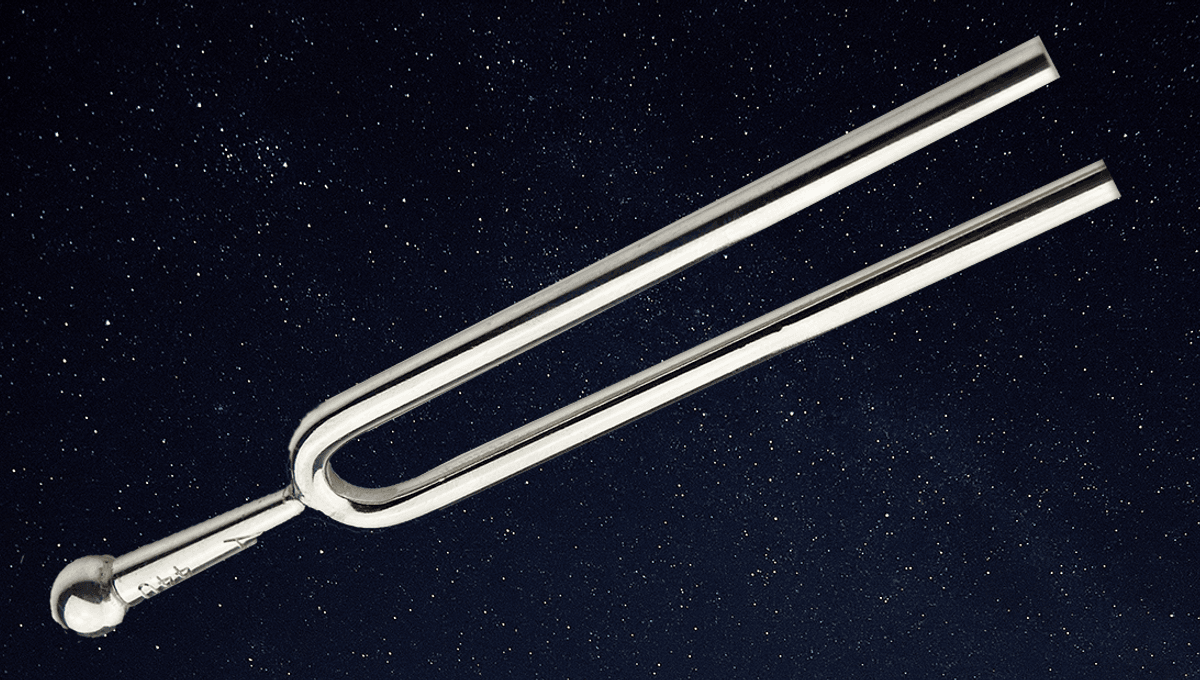
A reader has a question, which seems like it’ll be fun to discuss. “In space, an object in motion stays in motion right?” the IFLScience reader asked. “So if you banged a tuning fork in space would it produce the vibrations forever?”
Without looking into it, you probably instinctively know that this shouldn’t be possible. If it went on forever, it would be a perpetual motion machine, which are not possible according to the laws of thermodynamics.
Specifically, here it would violate the second law, which states that the entropy of an isolated system increases over time, and that heat always flows “downhill” from hotter to colder regions. In practical terms, it tells us that as energy is transferred and transformed, some of that energy is spread out and “wasted”, eg through heat loss via friction. There’s no obvious reason why a tuning fork would be an exception to this law, so what is the exact mechanism?
The answer is that in the near vacuum of space, away from the friction of our atmosphere, there is still internal friction inside the tuning fork, which is what produces its vibrations and (on Earth) sound.
As NASA, which thankfully has a habit of answering just about any question they come across, explains:
“For a tuning fork to vibrate, it must be struck. On Earth, these vibrations compress surrounding air molecules to produce a sound wave that we can hear. If an astronaut in space were to strike a tuning fork, it would vibrate, and sound waves would occur within the tuning fork itself. However, with no air molecules around, it would not produce a sound that the astronaut could hear. The energy from these vibrations would heat the tuning fork (due to internal friction) and eventually be radiated away.”
The tuning fork would stop, yet another victim of those pesky laws of physics.
Source Link: People Are Asking "If You Banged A Tuning Fork In Space, Would It Vibrate Forever?"